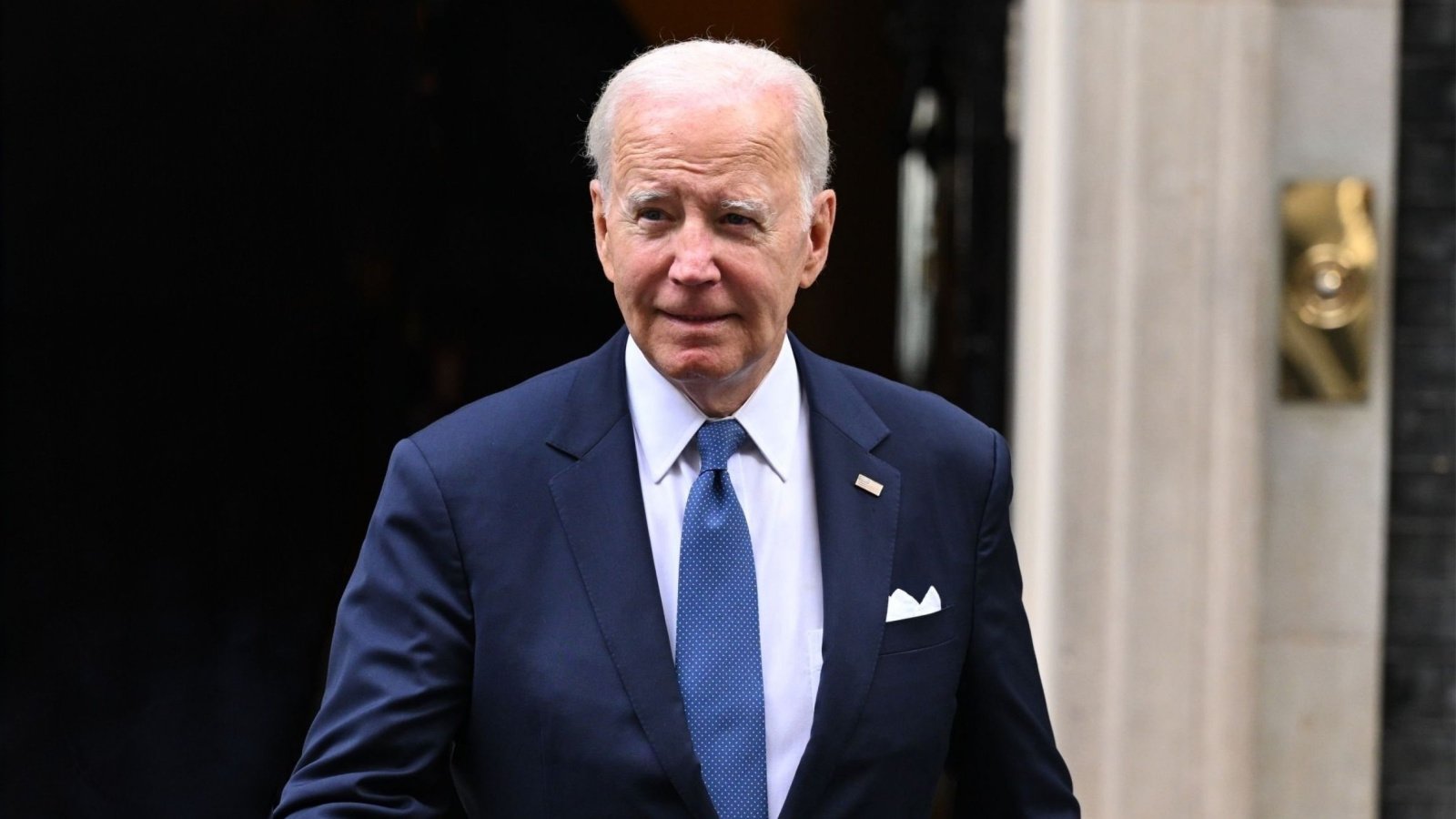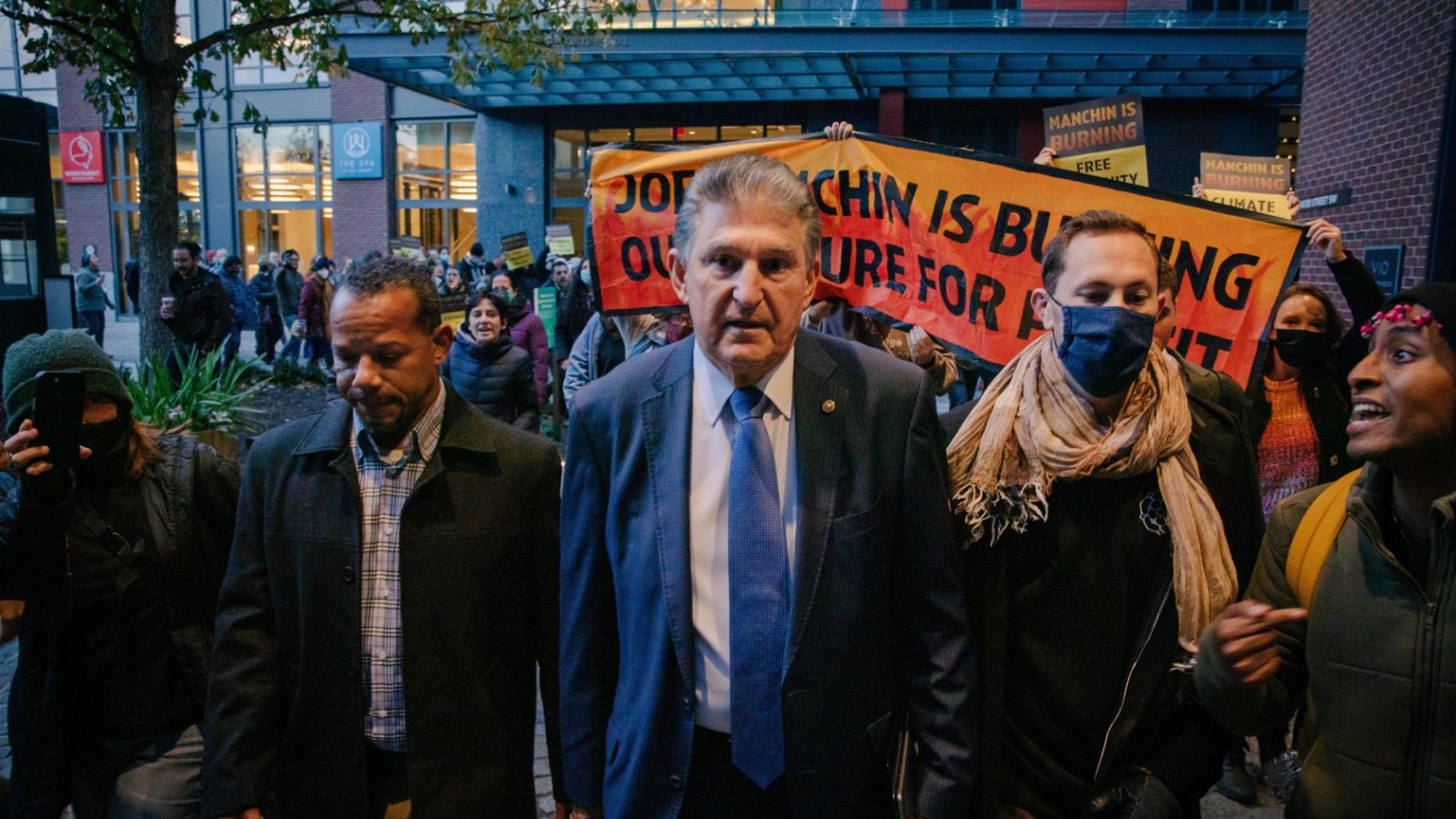President Joe Biden’s comment on immigration ignites a debate drawing reactions from both sides of the political aisle. The discussion centers on the appropriateness of his terminology and its potential impact on bipartisan relations and outreach to Latino voters.
Biden’s Controversial Remark

In a striking moment that ruffled feathers, President Joe Biden referred to a suspect as “illegal” during his State of the Union speech, sparking a wave of disappointment and frustration among some allies. Yet, there were those within the Democratic ranks who stood by him, emphasizing his superior stance on immigration issues compared to Donald Trump, whom he may face off against in the upcoming November election.
Heated Exchange Sparks Debate
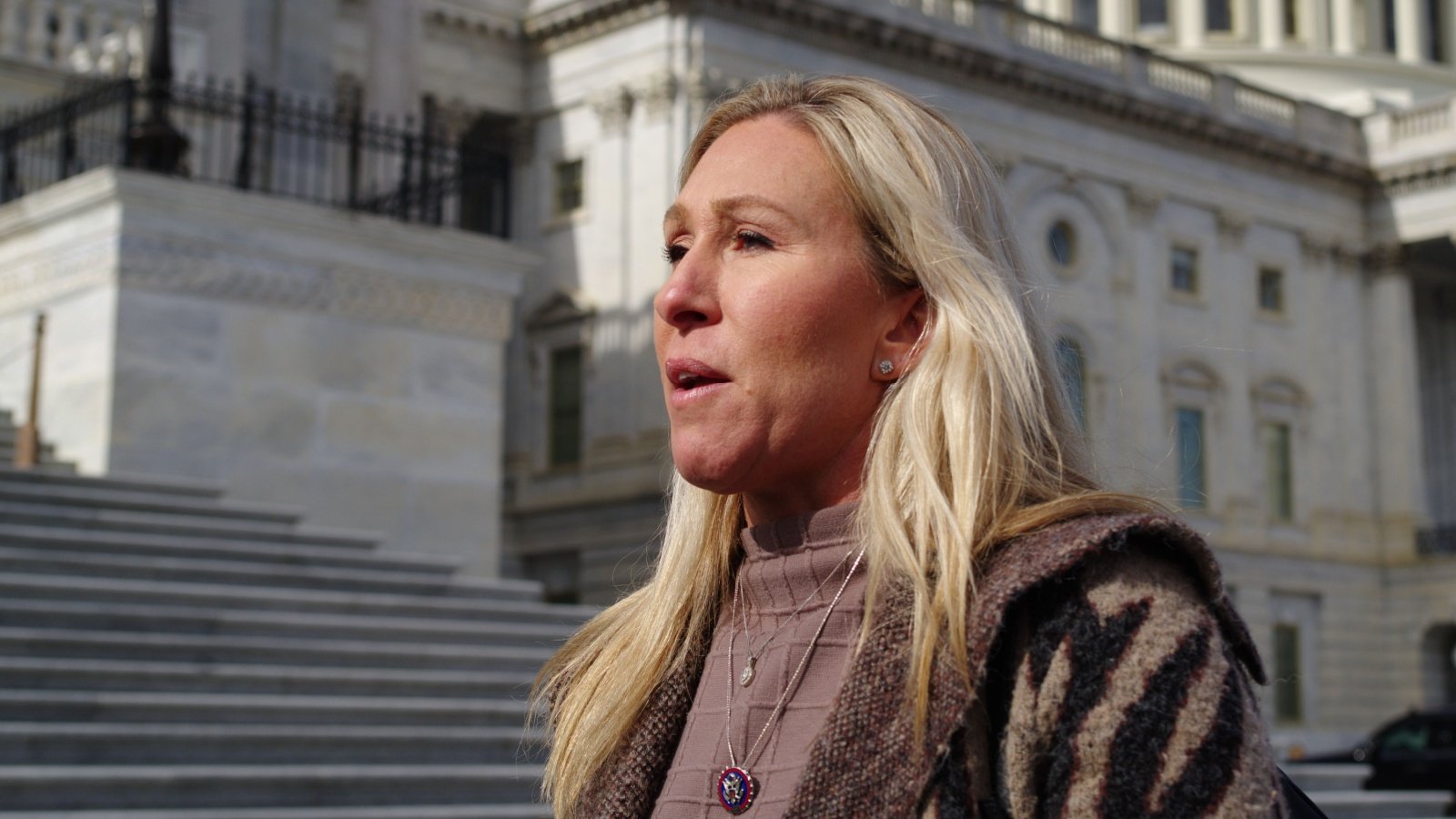
During a heated exchange aimed at pushing Republicans towards a bipartisan border security agreement, Biden found himself responding to U.S. Rep. Marjorie Taylor Greene’s demand to acknowledge Laken Riley, a Georgia nursing student tragically killed last month. “By an illegal, that’s right,” he affirmed, later questioning the numbers of individuals harmed by those legally in the country, a remark that reignited discussions about the language used to describe immigrants.
Language and Policy Shifts

Gone are the days when the term “illegals” was commonplace, especially among Democrats who, during Trump’s tenure, moved closer to embracing immigrant rights. Despite Biden’s previous campaign promises to overhaul Trump’s immigration policies and his directive to cease using “illegal aliens” in official communication, he has recently echoed some of Trump’s rhetoric, advocating for tighter border controls amid unprecedented migrant crossings.
Biden’s Strategy Unfazed

Despite the potential controversy, Biden’s campaign remains confident that this incident will not dampen his appeal among Latino voters and other crucial constituents of the Democratic coalition. His staunch allies on Capitol Hill have rallied to his defense, even as they express reservations about his choice of words, highlighting a complex landscape of loyalty, policy, and the power of language.
A Call for Correction
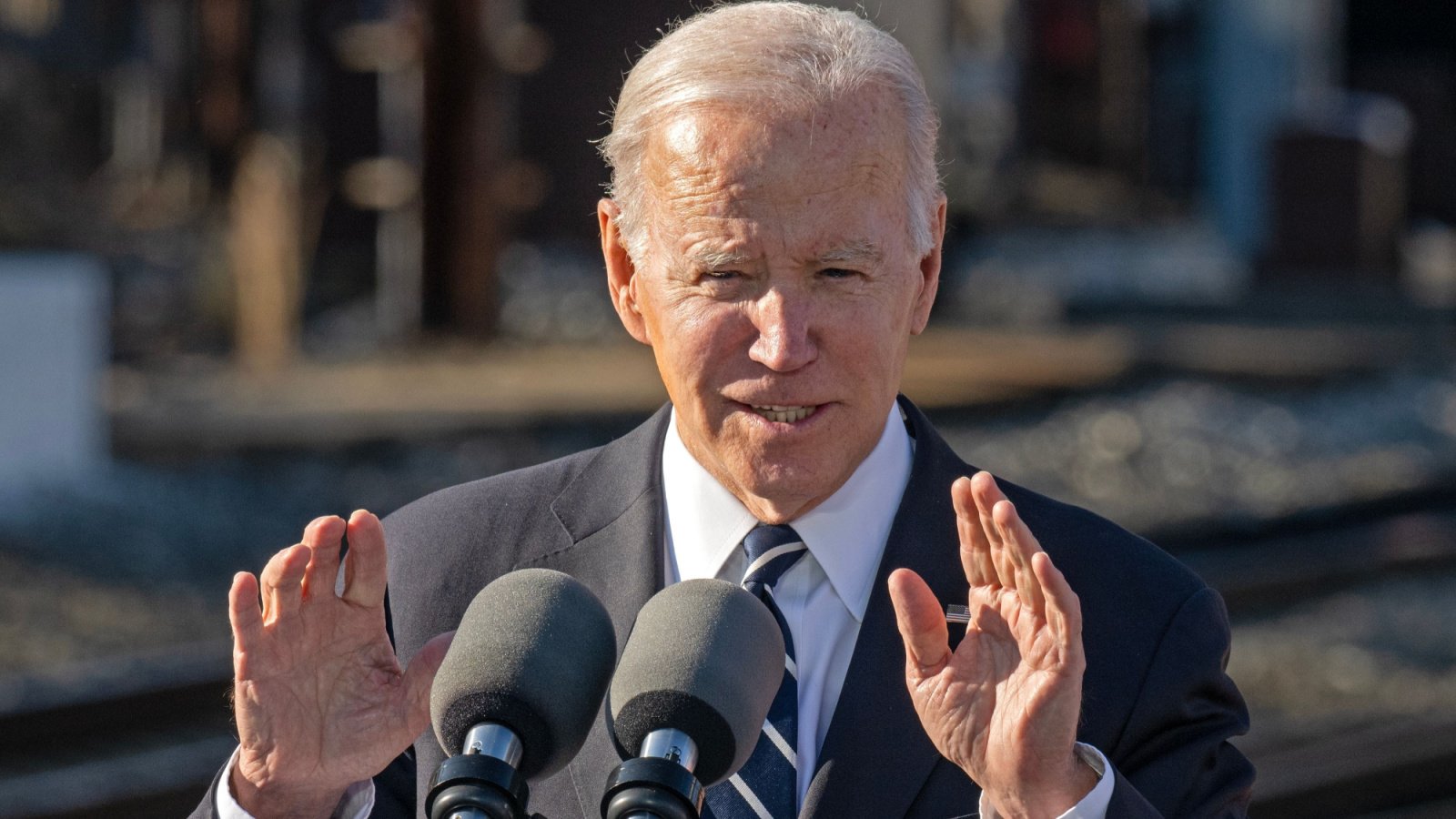
Rep. Pramila Jayapal believes President Biden’s regrettable choice of words can be mended, appreciating his overall inclusive vision on immigration. Her perspective highlights a readiness for constructive dialogue and the importance of aligning rhetoric with vision.
A Moment Reflecting Transition
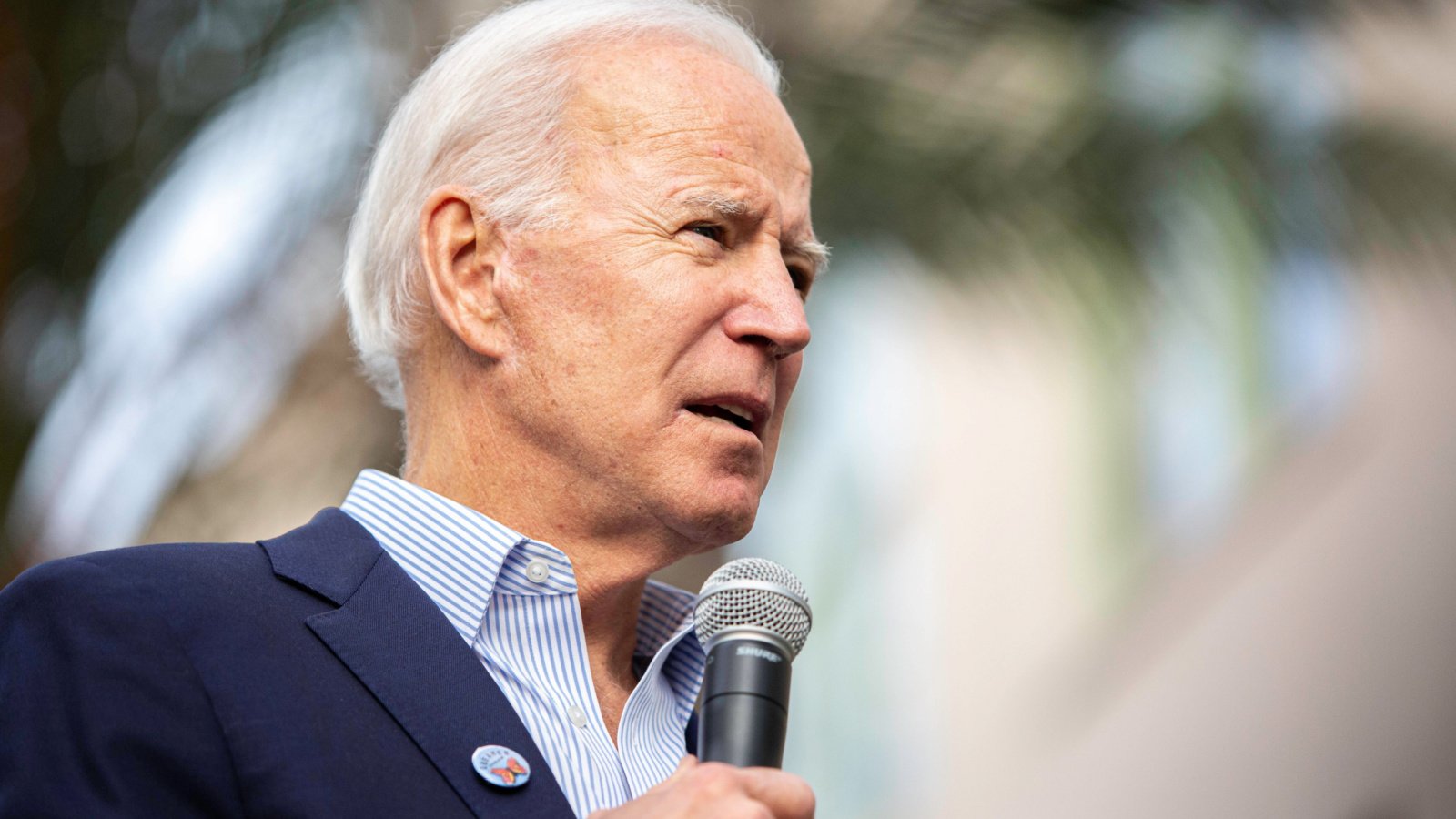
César Cuauhtémoc García Hernández sees Biden’s slip as both a momentary lapse and a marker of his long tenure in politics, suggesting it signals a rightward shift in immigration policy. His analysis points to the delicate balance of political language and policy direction in shaping public discourse.
Progressive Discontent
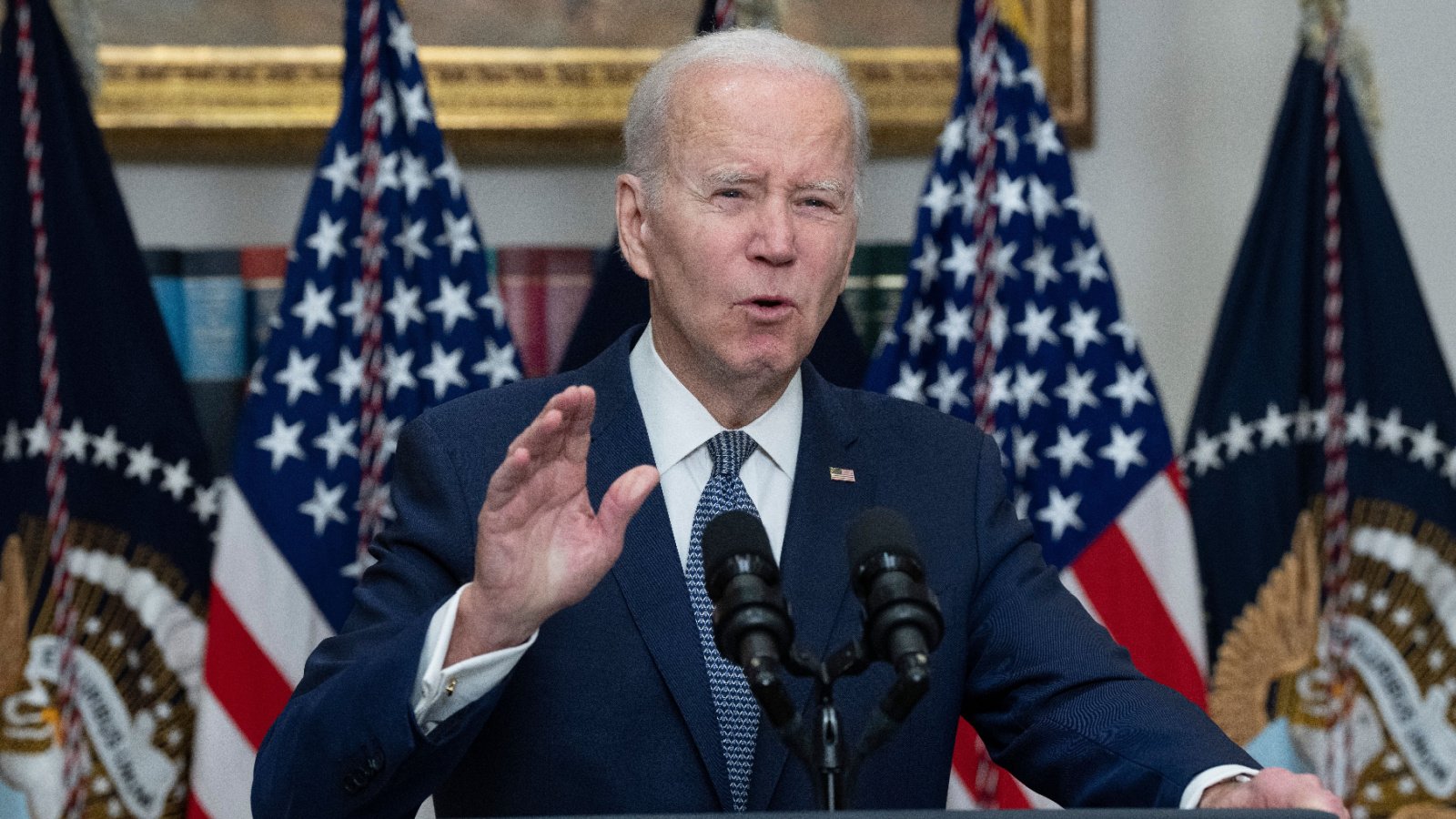
Progressive Democrats like Rep. Ayanna Pressley express their dismay, emphasizing the need to diverge from Republican policies and rhetoric. Their critique underscores a broader concern about the impact of language on political identity and strategy.
Echoes of the Past

Rep. Joaquin Castro warns that Biden’s words veer dangerously close to divisive language used by Donald Trump, highlighting the potential harm to Latino communities. Despite acknowledging positives in Biden’s speech, Castro remains critical of the incendiary tone towards immigrants.
A Lenient View

Rep. Nanette Barragán offers a more forgiving interpretation, attributing Biden’s controversial term to the challenges of engaging with opposition. Her comments reflect a pragmatic view of the political give-and-take.
Republican Rejoicing

Greene hails the controversy as a sign of Democratic disarray, portraying the moment as a victory for Republicans. This reaction showcases the partisan divide, with Republicans seizing the opportunity to underscore perceived weaknesses within the Democratic ranks.
Biden’s Response
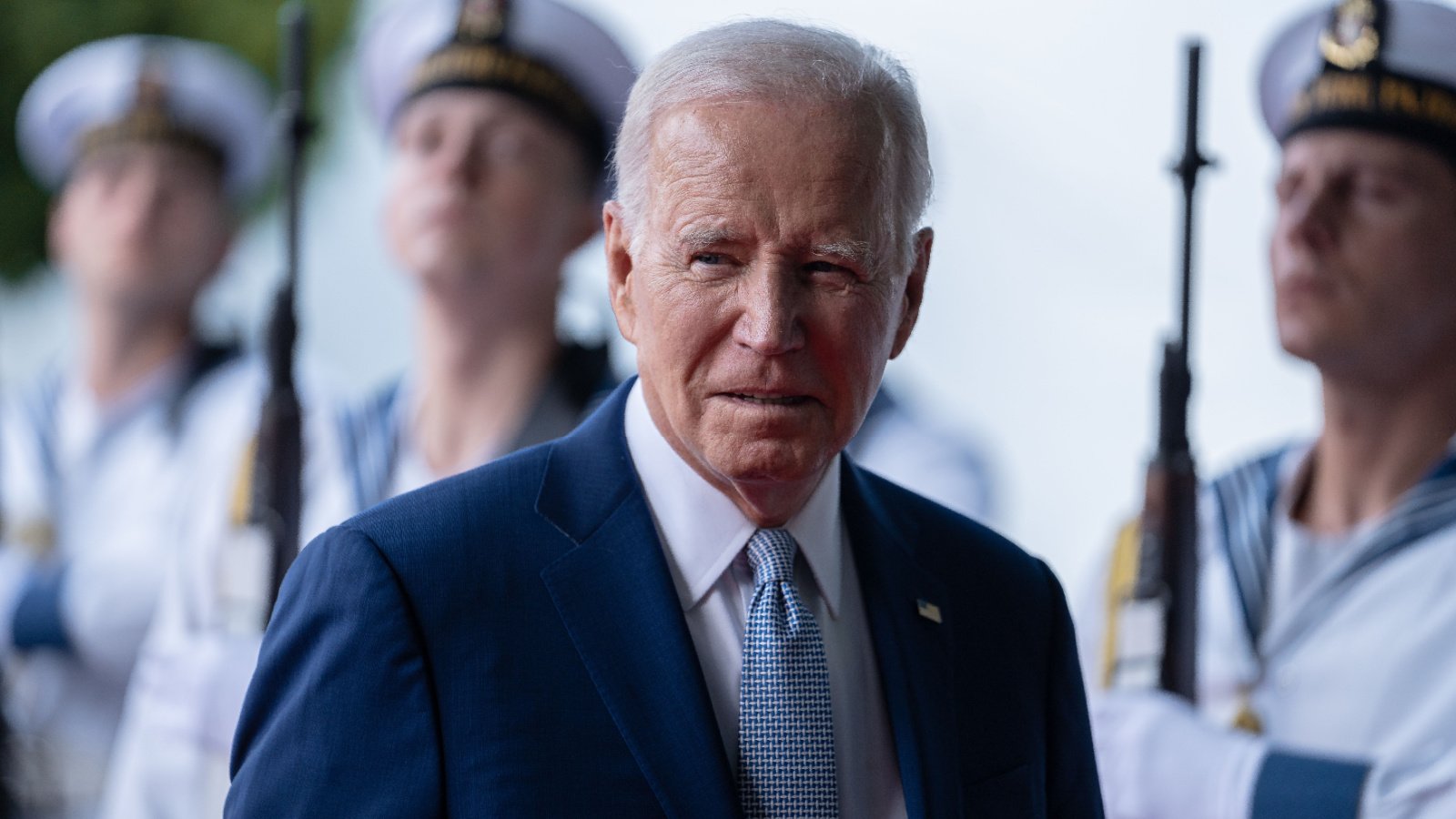
Caught off guard by a journalist’s question about his regret, President Biden’s hesitant and fragmented response highlights his struggle to articulate his stance. His equivocal reply underscores the complexity of immigration discourse and the challenge of navigating politically charged terminology.
Campaign Confidence

Despite concerns, Biden’s campaign remains optimistic about maintaining Latino voter support, with Julie Chavez Rodriguez emphasizing Biden’s alignment with values of faith, family, and hard work. This response reflects a belief in personal connection and shared values as key to voter loyalty.
Perception of Border Challenges

A Pew Research Center study reveals deep concerns among U.S. Hispanics about the border situation, with many viewing it as a significant issue or crisis. This sentiment suggests that immigration policy effectiveness remains a critical concern for Latino communities.
Campaign Rhetoric

Amid accusations of politicizing immigration, Biden’s campaign vows to uphold dignity and respect for immigrants, positioning themselves against what they see as Trump’s divisive and extremist approach. This strategy highlights the campaign’s effort to differentiate Biden’s immigration stance from his predecessor’s.
Historical Context

The evolution of language around immigration is spotlighted by Cesar Chavez’s use of now-contentious terms, illustrating the shifting dynamics in advocacy and public discourse. This historical perspective sheds light on the long-standing debate over terminology and its impact on social attitudes.
Advocacy for Dignity

Quoting Elie Wiesel, some critics of Biden’s language advocate for the inherent dignity of all individuals, challenging the dehumanizing implications of terms like “illegal.” This movement reflects a broader shift towards more humane and respectful discourse in immigration debates.



